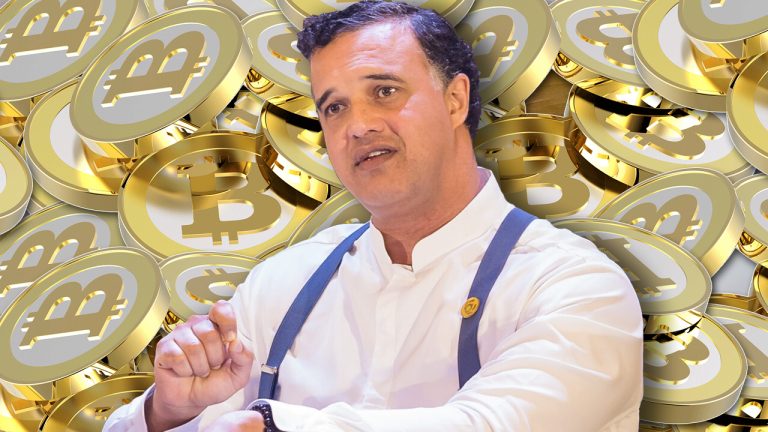
Gala Music, a Web3 startup subsidiary, is launching 3,003 NFTs on April 14, with an unreleased version of David Bowie’s “Let’s Dance” included.
A previously unreleased version of David Bowie’s “Let’s Dance” has surfaced as part of a limited edition collection of nonfungible tokens (NFTs).
Gala Music, a subsidiary of the Web3 startup Gala Games, has joined forces with music producer Larry Dvoskin and publisher Warner Chappell Music to unveil an unreleased version of David Bowie’s 1983 track “Let’s Dance” as part of a limited edition collection of NFTs. The announcement was made on Thursday, March 6.
David Bowie created an impressive discography that included 27 studio albums, 11 live albums, four soundtracks and 128 singles during his lifetime. However, despite his passing in 2016, the singer-songwriter still has at least one unheard track.
Gala Music plans to launch 3,003 NFTs that showcase Bowie-inspired artwork on April 14, four decades after the original release of “Let’s Dance.“ Each NFT will grant its owner exclusive access to an unreleased version of the song, which Dvoskin co-produced with Bowie in 2002.
Put on your red shoes and dance the blues!
— Gala Music (@GoGalaMusic) April 6, 2023
To celebrate the 40th anniversary of 'Let's Dance' we're releasing a never before heard version of #DavidBowie's iconic track with proceeds donated to @MusiCares.
Let's Dance! https://t.co/bzbfHiHBZV#BowieForever #ABetterWayToPlay pic.twitter.com/rTLPEHr6v8
The NFTs will be available for purchase on a “pay-what-you-wish” basis, and the initial profits from the sales will go toward supporting MusiCares, a charity offering health and human services to individuals in the music industry.
Related: Huobi partners with Gala Games for L1 and Web3 development
The upcoming release next week will not be the first time the Bowie estate has ventured into blockchain technology. In September 2022, the Bowie estate collaborated with OpenSea NFT marketplace to introduce a collection of NFTs called “Bowie on the Blockchain” to raise charity funds. However, this collection faced significant criticism from Bowie’s supporters, who viewed the foray into blockchain as contradictory to the artist’s principles and beliefs.
Gala Games is primarily recognized for its Web3 gaming initiatives, allowing developers to create play-to-earn crypto and NFT games, but it has also expanded its interests to include music and film.
Magazine: 2023 is a make-or-break year for blockchain gaming: Play-to-own










